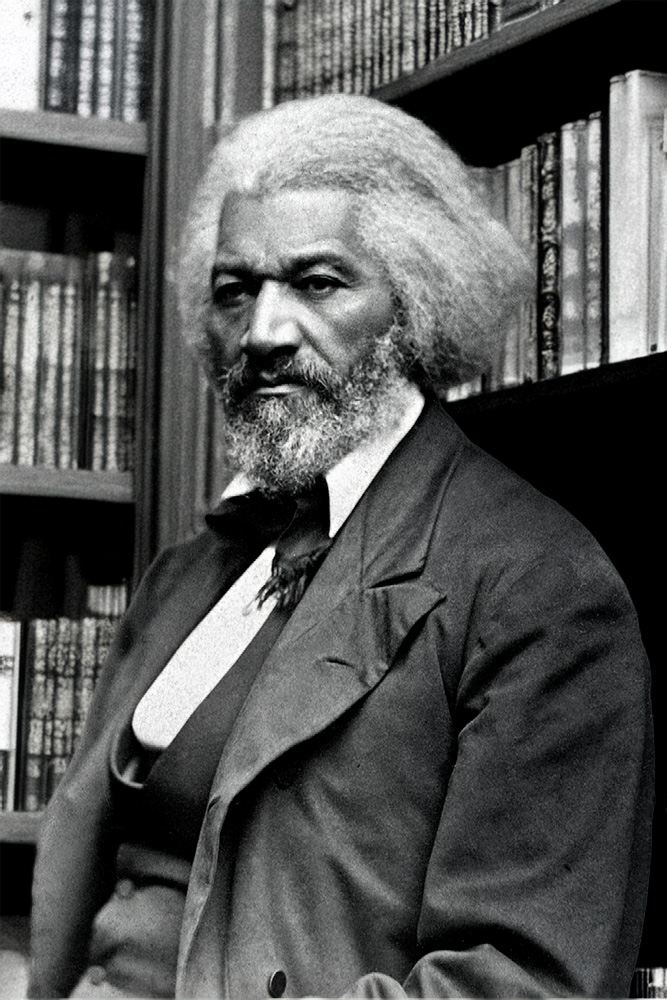 Frederick Douglass
14 February, 1818
Frederick Douglass
14 February, 1818
 Full Name: Frederick Douglass (born Frederick Augustus Washington Bailey; later known as Frederick Douglass) | Profession: Abolitionist, author, orator, statesman, reformer | Nationality: American | Born: February 1818 (commonly given as February 14, 1818; exact date historically uncertain) | Birthplace: Talbot County, Maryland, U.S. | Generation: Pre-modern cohort (19th century) | Chinese Zodiac: Tiger (Chinese New Year in 1818 fell on Feb 5; a Feb 14 birth falls in the Tiger lunar year) | Zodiac Sign: Aquarius | Age in 2026: Would be 208 | Marital Status: Married (Anna Murray Douglass) | Children: 5 (Rosetta, Lewis Henry, Frederick Jr., Charles Remond, Annie) | Description: One of the most consequential voices for human freedom and democratic accountability, Douglass transformed his personal escape from slavery into a lifelong campaign of moral persuasion and political action—using autobiography, journalism, and electrifying public speaking to expose the brutality of bondage and the hypocrisy of a nation claiming liberty while denying personhood; he argued not only against slavery but also for citizenship rights, education, and political participation, and he remained a sharp critic of injustice even when it meant challenging allies; his legacy is the model of self-creation through intellect and courage, and the insistence that rights are secured through sustained civic struggle, truthful testimony, and institutional reform; Cause of Death (if deceased): Died February 20, 1895, Washington, D.C., U.S.
Full Name: Frederick Douglass (born Frederick Augustus Washington Bailey; later known as Frederick Douglass) | Profession: Abolitionist, author, orator, statesman, reformer | Nationality: American | Born: February 1818 (commonly given as February 14, 1818; exact date historically uncertain) | Birthplace: Talbot County, Maryland, U.S. | Generation: Pre-modern cohort (19th century) | Chinese Zodiac: Tiger (Chinese New Year in 1818 fell on Feb 5; a Feb 14 birth falls in the Tiger lunar year) | Zodiac Sign: Aquarius | Age in 2026: Would be 208 | Marital Status: Married (Anna Murray Douglass) | Children: 5 (Rosetta, Lewis Henry, Frederick Jr., Charles Remond, Annie) | Description: One of the most consequential voices for human freedom and democratic accountability, Douglass transformed his personal escape from slavery into a lifelong campaign of moral persuasion and political action—using autobiography, journalism, and electrifying public speaking to expose the brutality of bondage and the hypocrisy of a nation claiming liberty while denying personhood; he argued not only against slavery but also for citizenship rights, education, and political participation, and he remained a sharp critic of injustice even when it meant challenging allies; his legacy is the model of self-creation through intellect and courage, and the insistence that rights are secured through sustained civic struggle, truthful testimony, and institutional reform; Cause of Death (if deceased): Died February 20, 1895, Washington, D.C., U.S.



